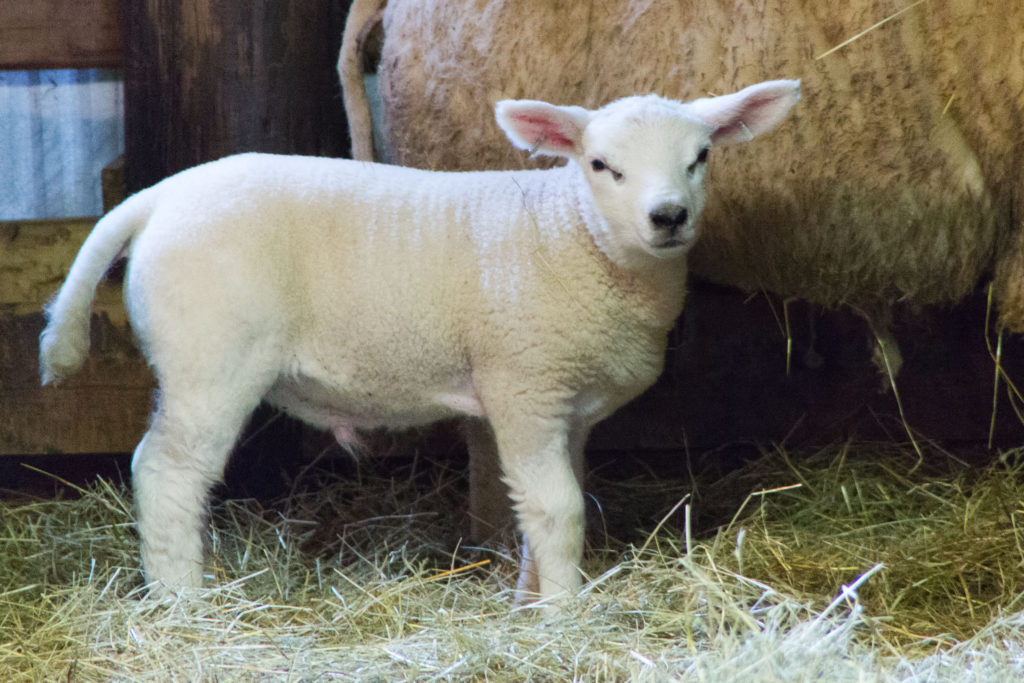
Who Do Our Elders Think They Are? (1 Peter 5:1-5)
Elders often must make difficult decisions. Scripture gives them the right to make those decisions. But, many would want to ask an elder, “Just who do you think you are?”
Peter wanted to tell his readers who elders think they are. Peter himself was an elder (v 1). Thus, he knew the challenges of the role. Peter was a witness of the sufferings of Christ (v 1). He, therefore, knew how much God loves the church. Peter was a partaker of the glory that will be revealed (v 1). He had the same hope of heaven as his readers.
Therefore, Peter is greatly qualified to write about the elders of the church. “Who do our elders think they are?” Let’s examine the text to see what Peter tells us:
Elders are Shepherds, vv 2-4
Elders are to shepherd the flock of God. This means that they should care for the church. Acts 20:28. Just as a shepherd would take care of his sheep, the elders need to take care of the flock.
They are to tend the “flock of God.” The church belongs to God, not the elders. The elders should make sure that they care for the church as God’s and not their own. That’s what “serving as overseers” means—they are to watch and care for the church. “They [elders] watch out for your souls, as those who must give account” (Heb 13:17).
They are not to serve by compulsion, but willingly. An elder must desire the office (1 Tim 3:1). There isn’t much to be gained from forced service.
They are to tend the flock eagerly, not for shameful gain. In New Testament times, many elders were paid for their service. 1 Timothy 5:17-18. An elder is not to accept his position for material gain.
An elder is not to use his position for any type of gain.
He is to serve eagerly, happily. Attitude has much to do with how God sees us.
They are not to domineer the flock, but be examples. “Lord it over” refers to the misuse of authority. “Lording it over” means an elder says, “It’s my way or the highway.” It needs to be God’s way or the highway. When elders make decisions, they need to do what they believe is in the best interest of the church.
They are to serve as examples. That’s biblical leadership. An elder should always do before he asks the church to do (Acts 1:1). An elder should never say, “Do as I say, not as I do.”
They are really sub-elders. Jesus is the Chief Shepherd. Elders act under Jesus. It is he whom they serve. They will give an account as to how they have served (Heb 13:17).
When Jesus comes, they will receive the crown of glory. This crown of glory does not fade; it is eternal. This crown of glory refers to a garland given to the winner of an athletic competition. Those crowns faded; the flowers died. The crown Jesus gives will never fade.
They are Authorities, v 5
In our brotherhood today, it is unpopular to talk about elders as authorities.
But, Scripture says that they are (1 Thess. 5:12; Heb. 13:17). “Younger” causes us to think of elders being older members of the congregation, but we are still talking about elders as church leaders. Those who are not elders are to submit themselves to the authority of the elders. This subjection is to be voluntary; we should want to submit ourselves to the elders because that’s God’s way. This doesn’t mean we don’t disagree, but it does mean that we follow.
They are Humble Men, v 5
All Christians are to be clothed with humility. Being humble means that one doesn’t think more highly of himself than he ought. Elders are to be humble. They cannot consider themselves infallible. They cannot live above correction.
Members are to be humble. Humility allows us to follow the elders. When we are humble, we don’t insist on our own way. When we are humble, we accept correction.
God does not accept the proud. The proud do not have fellowship with God (Prov 6:16-17). But God accepts the humble.
This sermon was originally preached by Dr. Justin Imel, Sr., at the Owingsville church of Christ in Owingsville, Kentucky.





